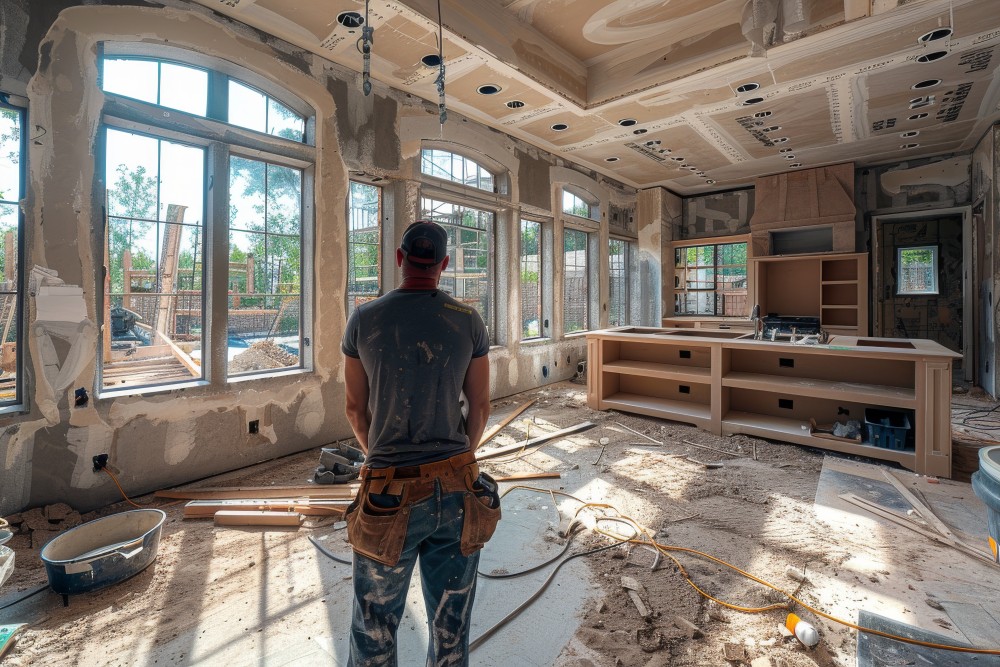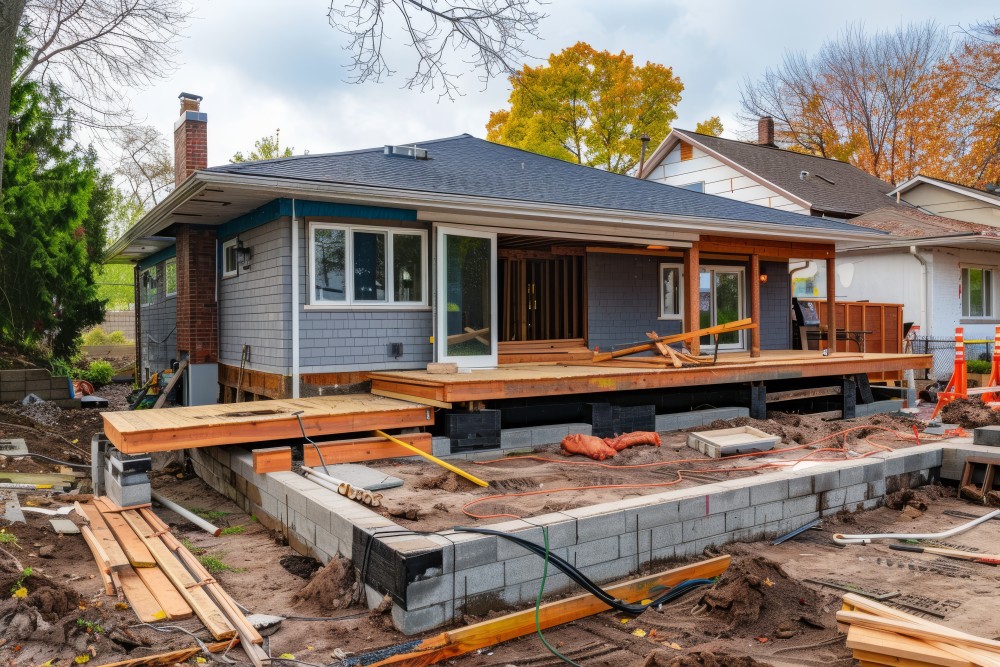1. Do Your Homework
Research Market Rates
- Understand Costs: Familiarize yourself with the average costs for your type of renovation. Use online resources, ask friends, and consult with industry professionals to get a realistic idea of pricing.
- Contractor Background: Research potential contractors thoroughly. Check their licenses, read reviews, and request references to ensure they have a strong track record and relevant experience.
Know Your Project Details
- Define Scope: Clearly outline the scope of your project, including specific tasks, materials, and design preferences.
- Material Preferences: Decide on the materials you want to use in advance. Knowing this will help you compare quotes accurately and negotiate better.
2. Obtain Multiple Quotes
Request Detailed Estimates
- Comparable Bids: Get at least three detailed estimates from different contractors. Make sure each quote covers the same scope of work for an apples-to-apples comparison.
- Breakdown of Costs: Ask for a detailed breakdown of costs, including labor, materials, permits, and any other expenses. Transparency here is key to understanding where you can negotiate.
Leverage Competitive Pricing
- Use Quotes as Leverage: Inform contractors that you are comparing multiple bids. This can encourage them to offer their best price.
- Identify Discrepancies: Look for significant differences in pricing and ask contractors to explain these. It can highlight where there may be room for negotiation.
3. Communicate Clearly
Set Clear Expectations
- Written Agreements: Document all agreements, including scope of work, timelines, costs, and payment schedules. This helps avoid misunderstandings and keeps both parties accountable.
- Open Dialogue: Maintain open communication with your contractor. Regular updates and discussions can help address issues promptly and keep the project on track.
Be Specific
- Detailed Plans: Provide contractors with detailed plans and drawings. The more specific you are, the less room there is for misunderstandings.
- Clarify Inclusions: Make sure the quote includes everything discussed, from materials to specific tasks. Clarify what is and isn’t included in the price.
Join HICP Homeowner’s Alliance
Connect with experts, get special discounts and enjoy member benefits
4. Negotiate Payment Terms
Flexible Payment Schedule
- Milestone Payments: Propose a payment schedule based on project milestones rather than a lump sum upfront. Payments can be made at the start, halfway through, and upon completion of the project.
- Retain Final Payment: Retain a percentage of the final payment until all work is completed to your satisfaction. This ensures that any last-minute issues are addressed promptly.
Discuss Deposits
- Reasonable Deposits: Negotiate the amount of the initial deposit. A reasonable deposit is typically around 10-20% of the total project cost. Be wary of contractors who demand large upfront payments.
5. Consider Value, Not Just Price
Evaluate Quality
- Quality of Work: Don’t choose a contractor based solely on the lowest bid. Consider the quality of their work, experience, and reputation.
- Material Quality: Ensure that the materials used are of high quality. Cheaper materials may save money initially but can lead to higher maintenance costs in the long run.
Long-Term Savings
- Energy Efficiency: Consider investing in energy-efficient materials and appliances. While they may be more expensive upfront, they can save money on energy bills over time.
- Durability: Choose durable materials and quality workmanship to avoid future repairs and replacements.
6. Negotiate for Added Value
Additional Services
- Warranty and Guarantees: Negotiate for warranties on workmanship and materials. A contractor who offers a warranty is confident in their work and materials.
- Cleanup and Disposal: Ensure that the contractor includes cleanup and disposal of debris in the contract. This can save you time and effort after the renovation.
Extra Touches
- Free Upgrades: Ask if the contractor can include any free upgrades or additional services as part of the deal. This could be an upgraded material, an extra coat of paint, or minor additional work.
7. Be Prepared to Walk Away
Know Your Limits
- Budget Constraints: Stick to your budget. If a contractor’s quote exceeds your budget and they are unwilling to negotiate, be prepared to walk away.
- Trust Your Instincts: If something doesn’t feel right or the contractor seems unreliable, trust your instincts and look for another contractor.
Alternative Options
- Backup Contractors: Have a list of backup contractors in case negotiations fall through with your first choice.
- Flexible Timing: Sometimes waiting for the right contractor or better timing can result in better deals and quality work.
8. Get Everything in Writing
Formal Contract
- Detailed Agreement: Ensure that all terms of the agreement are included in a formal contract. This includes scope of work, payment terms, timelines, materials, warranties, and any negotiated extras.
- Legal Protection: A detailed contract protects both parties and provides a clear reference if disputes arise.
Change Orders
- Document Changes: Any changes to the original contract should be documented with change orders. This includes changes in materials, scope, or costs.
- Approval Process: Agree on a process for approving changes to avoid confusion and ensure that all changes are mutually agreed upon.
Conclusion
Negotiating with contractors effectively is key to ensuring a successful and cost-efficient home renovation project. By doing thorough research, obtaining multiple quotes, communicating clearly, and focusing on value rather than just price, you can secure the best possible deal. Remember to be specific in your requirements, negotiate payment terms that work for you, and get everything in writing. Be prepared to walk away if necessary, and always prioritize quality and trustworthiness in your contractor. With these tips, you can navigate the negotiation process confidently and achieve your renovation goals within your budget.



















